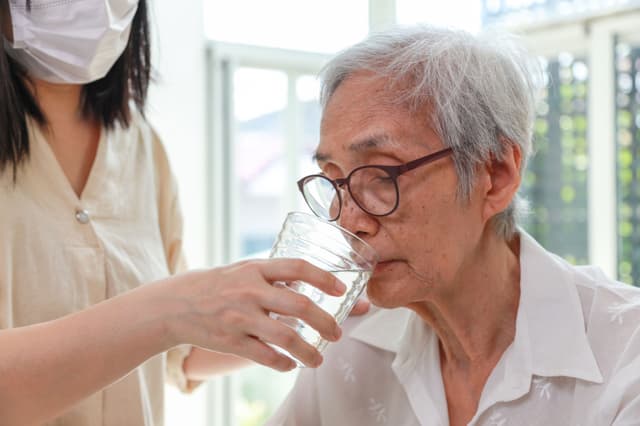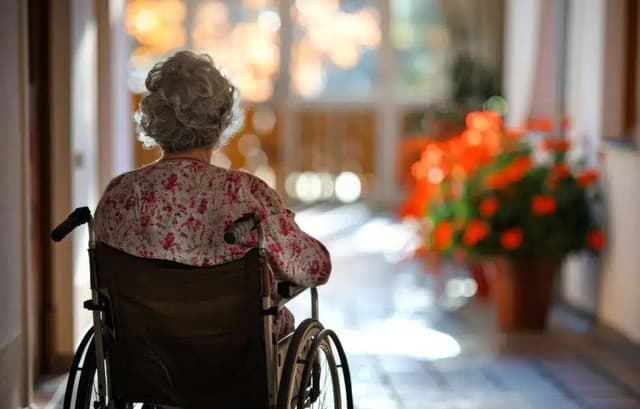
Amber joins Michael Hill Trial Law after years of experience in complex personal injury, medical malpractice, and nursing home litigation where her clients have enjoyed tremendous results. After managing a group of chiropractic offices that worked closely with patients who were injured following life changing accidents, Amber discovered a growing interest in the legal side of patient advocacy. That interest led her to transition into the legal field, where she began as a case manager at a personal injury firm. Over time, she moved into a litigation paralegal role, working directly with clients and supporting cases from intake through resolution. Since then, she has gained experience across several areas of law. Fluent in Spanish, Amber works with all of the firm's Spanish speaking clients.
Amber holds a Bachelor of Science degree from the prestigious Duke University in Durham, North Carolina. She brings a strong foundation in research, attention to detail, and a deep sense of compassion to every case she works on. She is especially committed to ensuring that clients feel heard, informed, and supported through each step of the legal process.
Amber lives in the historic city of Savannah, Georgia. Outside of the office, Amber is a proud mother of three daughters who inspire her daily to put her best foot forward. She is passionate about helping others and is driven by the opportunity to make a meaningful difference in the lives of her clients.
view all resources

Nutrition and hydration are basic human needs—and in nursing homes, meeting those needs is a legal and moral obligation. Yet across the United States, and increasingly in Ohio, elderly residents are suffering from dehydration and malnutrition caused by neglect.
These conditions are not mere oversights. When a resident becomes dangerously dehydrated or malnourished, it almost always reflects systemic failures: understaffing, poor supervision, or deliberate disregard for residents’ well-being.

Families who place their loved ones in a nursing home expect compassion, safety, and accountability. When those expectations are betrayed, families often turn to the facility’s complaint process for answers. But what happens when those complaints are ignored, dismissed, or covered up?
In Ohio and across the U.S., nursing homes are legally required to respond to and investigate complaints made by residents and their families. Ignoring concerns about neglect, abuse, or unsafe conditions isn’t just poor practice—it’s a violation of federal and state law.

When families place their loved ones in nursing homes, they expect professional care, attention, and safety. Unfortunately, across the U.S.—and particularly in Ohio—many facilities operate with chronic staff shortages that compromise residents’ well-being.
Understaffing is not just an operational issue; it’s a legal and ethical failure. When too few caregivers are responsible for too many residents, neglect becomes inevitable. Basic needs go unmet, medical conditions are overlooked, and residents suffer preventable injuries.

Medication management is one of the most critical responsibilities in nursing home care. Elderly residents often rely on multiple prescriptions to manage chronic conditions, control pain, or stabilize mood. But when those medications are mishandled, misadministered, or ignored, the results can be devastating.
Across the United States—and right here in Ohio—medication errors in nursing homes are a leading cause of preventable injuries and deaths among seniors. These mistakes are rarely “accidents.” Instead, they often stem from understaffing, poor training, and systemic negligence.